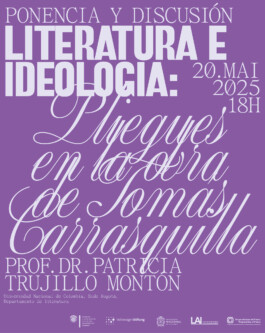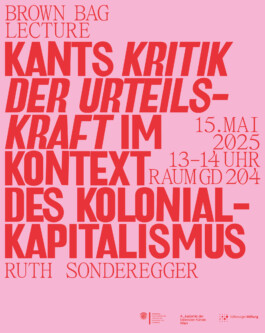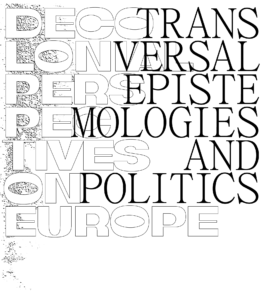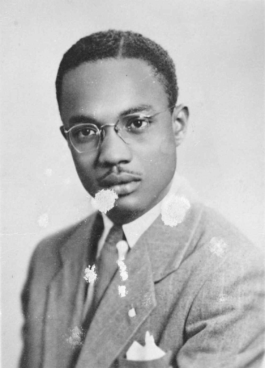Perception, Jurisdiction, and Valorization in Colonial Modernity — On the Nexus of Accumulation, Race, and Aesthetics
Placing a special emphasis on theories of (universal) rights, property, and aesthetics, our research project scrutinizes the epistemic violence of European philosophy between the 16th and 18th centuries. The project focuses on three universal legitimization narratives of Western Europe’s transatlantic colonial expansion: the legal defense of the Iberian colonial project; the natural right and natural law justifications of land grabbing, colonial war, and slavery in classic contract theories; and the exclusion of the colonized from the world of sublimation, taste, and moral civility in Western aesthetics. We aim to focus particular attention on the long-neglected processes of racialization and their complex entanglement with economic valorization, patriarchal power, and the domination of nature.



